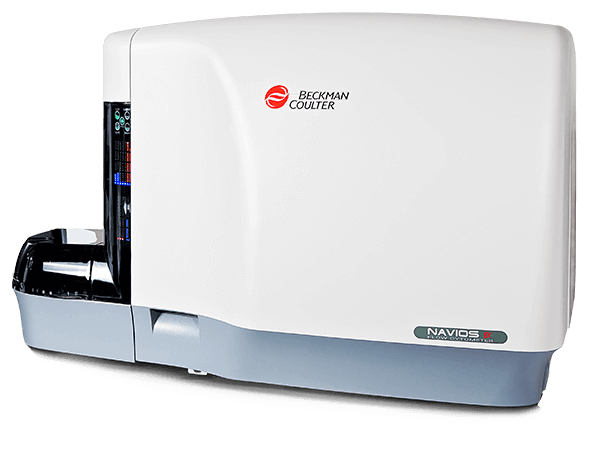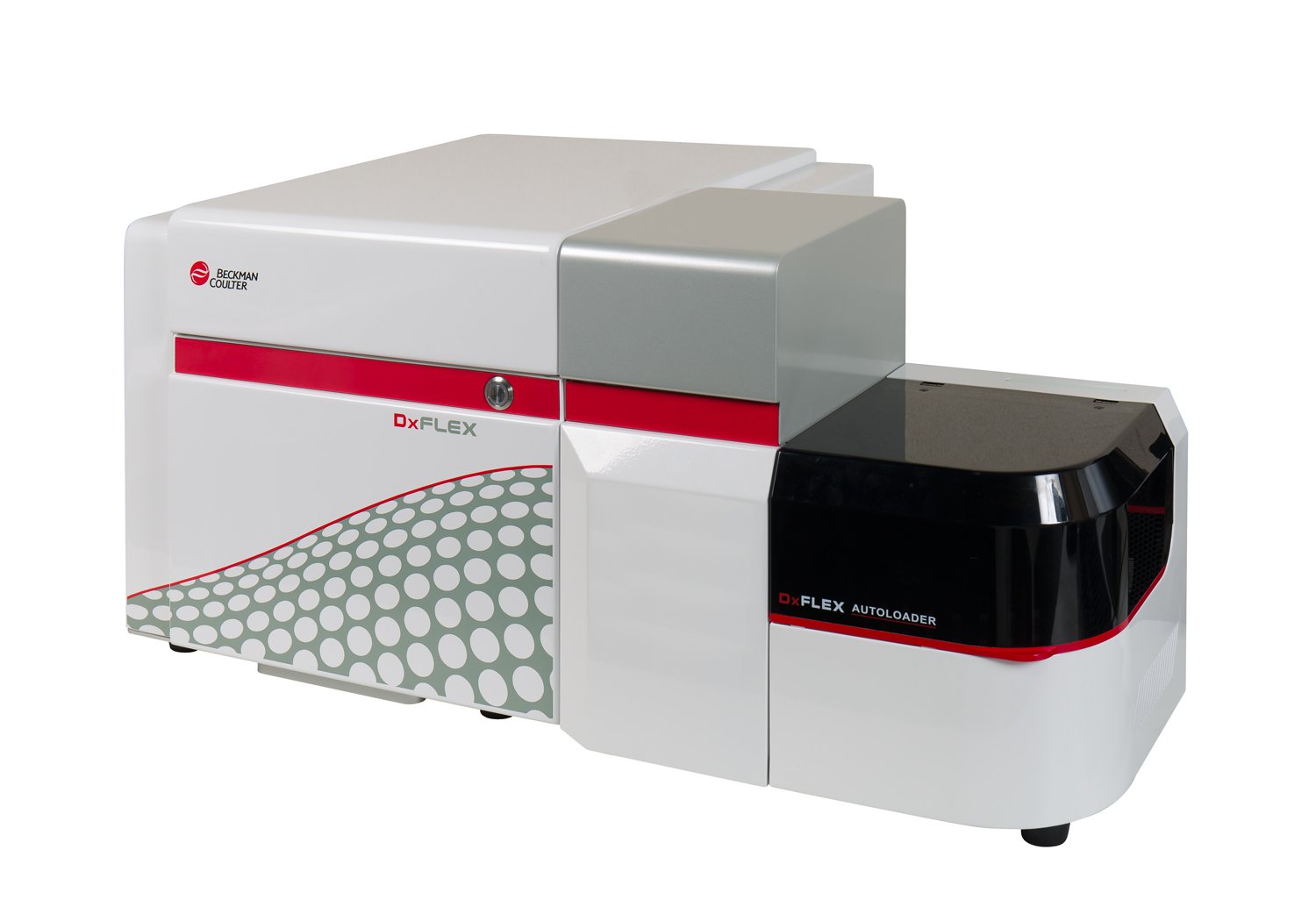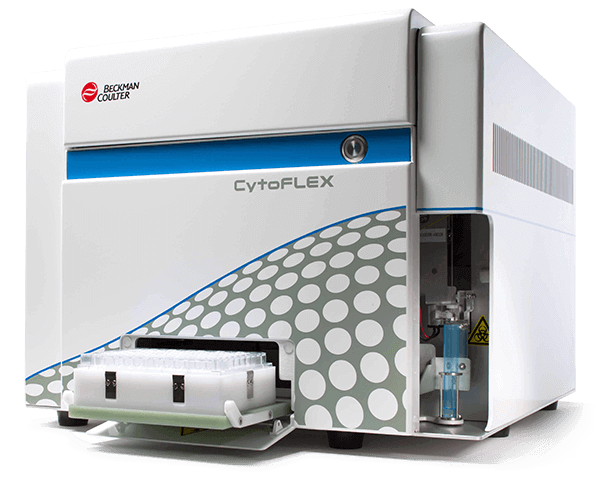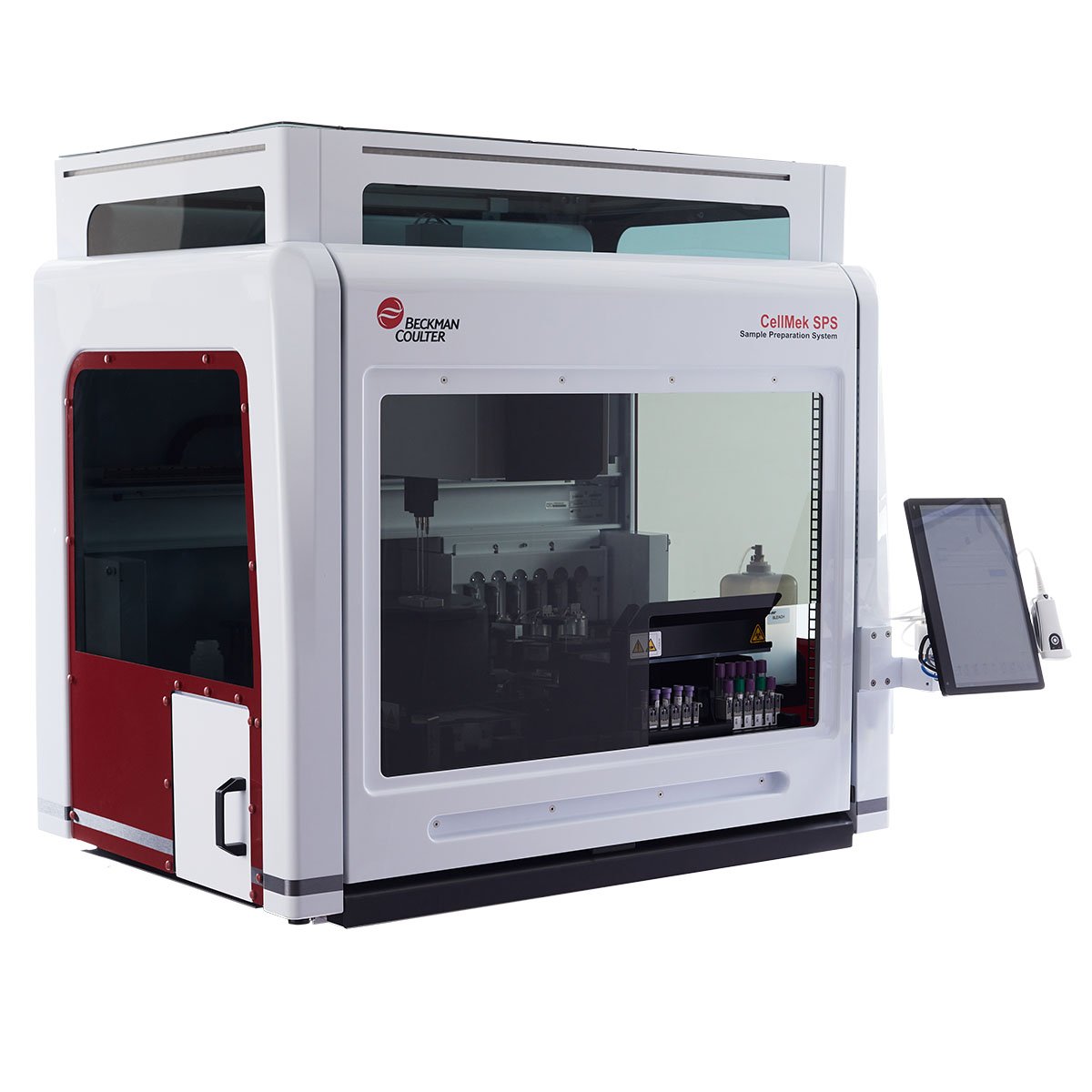CD1c Antibodies
The CD1c antigen (also called BDCA-1) is a member of the CD1 family of proteins that are structurally related to MHC class I proteins. CD1c is a membrane glycoprotein with a molecular weight of 43 kDa, non‑covalently associated with β2-microglobulin. CD1c antigen is expressed on a major subpopulation of human myeloid dendritic cells. In blood, CD1c is also expressed on a subpopulation of CD19+ small resting B lymphocytes. Its expression has also been detected on cortical thymocytes (weakly), on Langerhans cells and on dendritic cells. CD1c+ myeloid dendritic cells have been designated as type-1 myeloid dendritic cells (MDC1s). It has been reported that CD1c is also expressed on mature T cells in a tightly regulated manner. CD1c is involved in antigen-presentation of glycolipids. It may also act in T cells as an immune regulatory molecule.
| Clone: L161 | Isotype: IgG1 Mouse |






